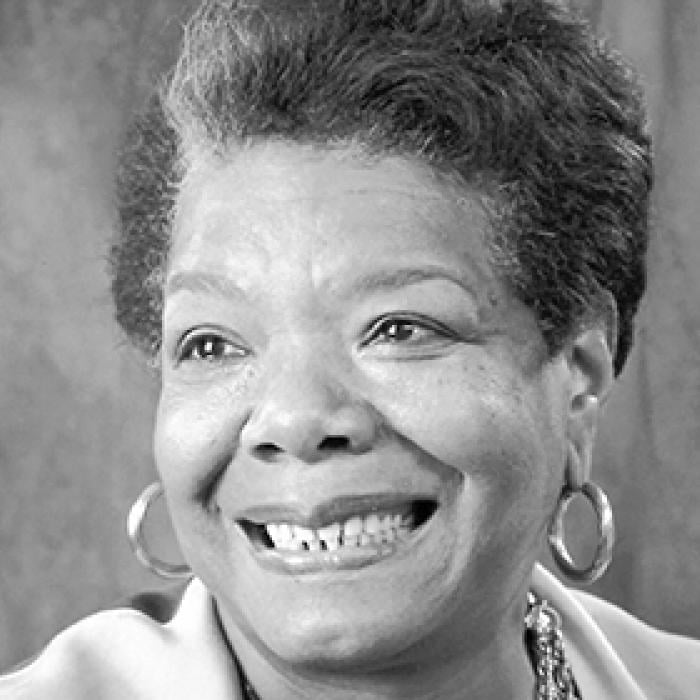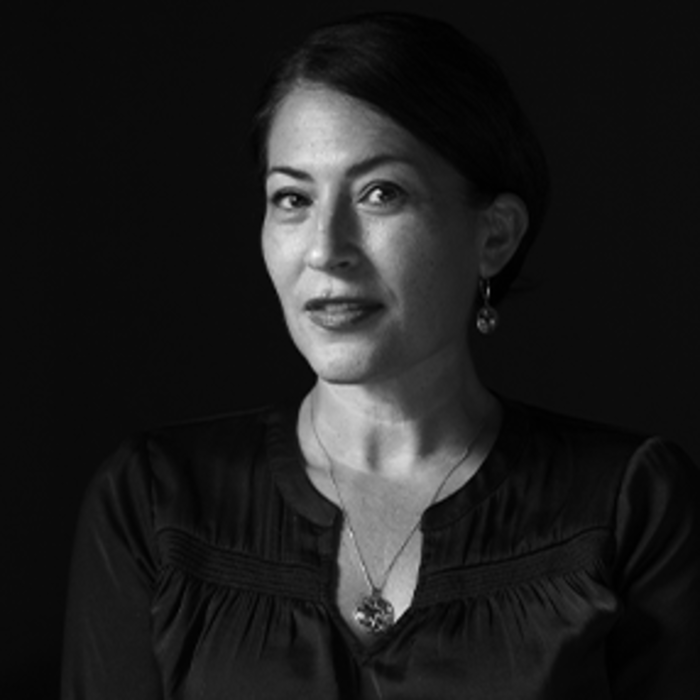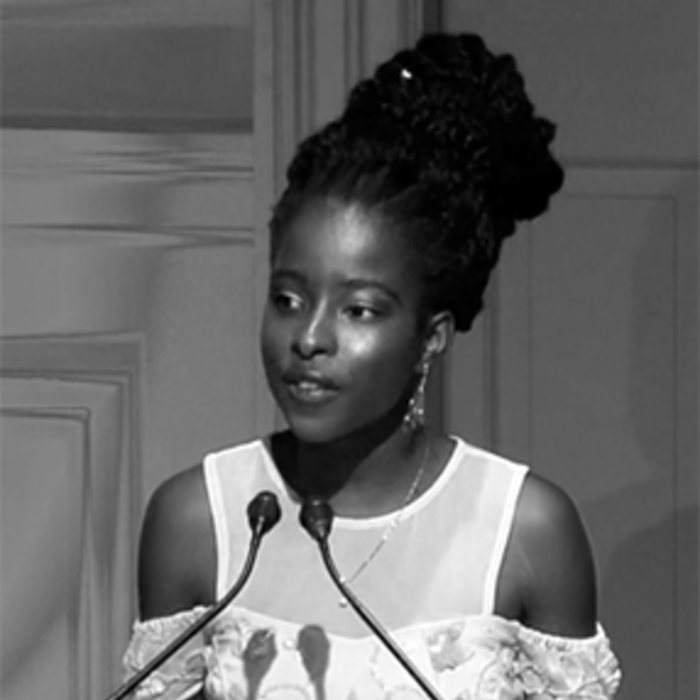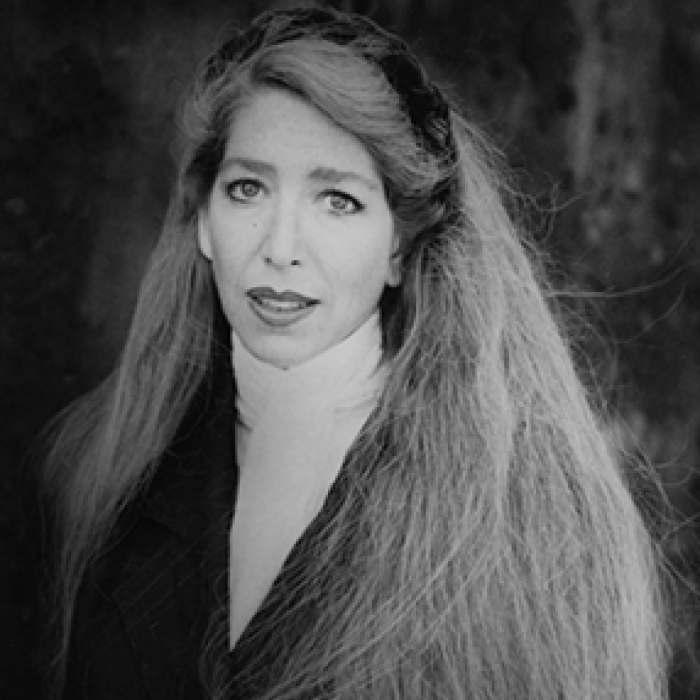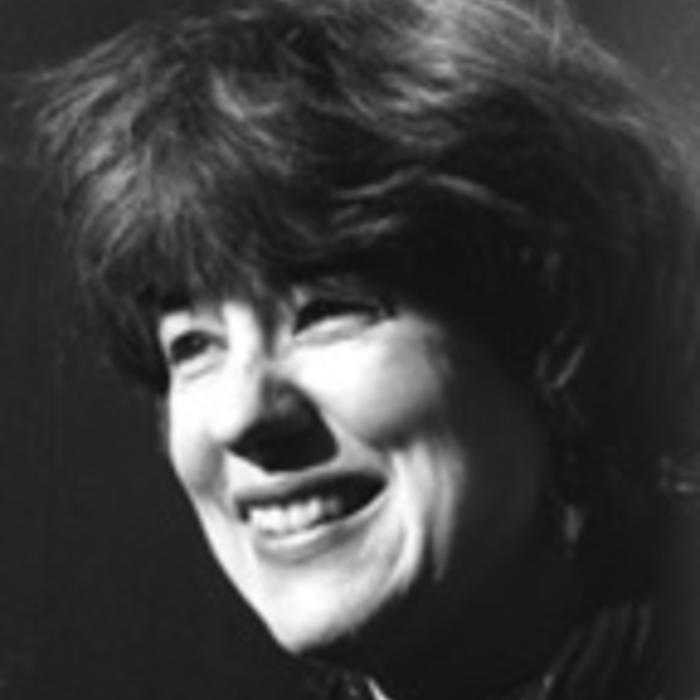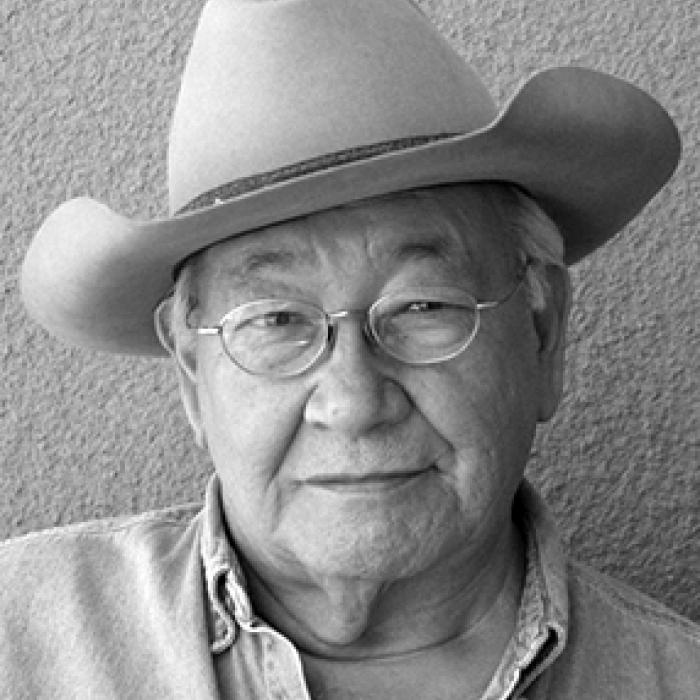Muriel Rukeyser
Muriel Rukeyser was born on December 15, 1913, in New York City. She attended Vassar College for two years and then moved back to New York where she took classes at Columbia University. Her first collection of poems, Theory of Flight (Yale University Press, 1935), won the Yale Series of Younger Poets competition in 1935. Her subsequent books of poetry would be inspired by certain events she witnessed, including the Scottsboro trial in Alabama, the Gauley Bridge tragedy in West Virginia, and the Spanish Civil War.
“Muriel Rukeyser’s poetry is unequaled in the twentieth-century United States in its range of reference, its generosity of vision, and its energy,” wrote Adrienne Rich. “She pushes us, readers, writers, and participants in the life of our time, to enlarge our sense of what poetry is about in the world, and of the place of feelings and memory in politics.”
“For [Rukeyser], poetry could encompass both science and history, that of the past and of the present, from the Depression through the anti-war movements in which the poet was active at the end of her career,” writes Marilyn Hacker in her essay, “Brooks, H.D., and Rukeyser: Three Women Poets in the First Century of World Wars.”
The violence and injustice Rukeyser saw in the United States and abroad informed her poetry. She felt a deep responsibility to comment on human rights issues and was particularly concerned with gender, class, and racial inequalities. She frequently documented her own emotional experiences within the context of greater political or social events, and her poems became, in part, a platform for social protest. One of Rukeyser’s last poems, “The Gates,” was written in South Korea where she protested the imprisonment of poet Kim Chi Ha.
“She was the first poet that I knew personally,” William Meredith once told The Paris Review, “I knew her when I was still an undergraduate. She was a very amazing human being and any traces of honesty in my life come from having seen how beautifully honest she was in administering her life and her poetry without any separation—you couldn’t get a knife between the two things with her. The real influence was her human model of what a poet could be.”
Rukeyser received a fellowship from the National Endowment for the Arts in 1966. Her wide technical range, which included employing lyrical forms and documentary narrative, is illustrated in her The Collected Poems of Muriel Rukeyser (University of Pittsburgh Press, 2006). Many poets have claimed Rukeyser’s influence on their work, Anne Sexton among them.
Muriel Rukeyser died in New York City on February 12, 1980.

